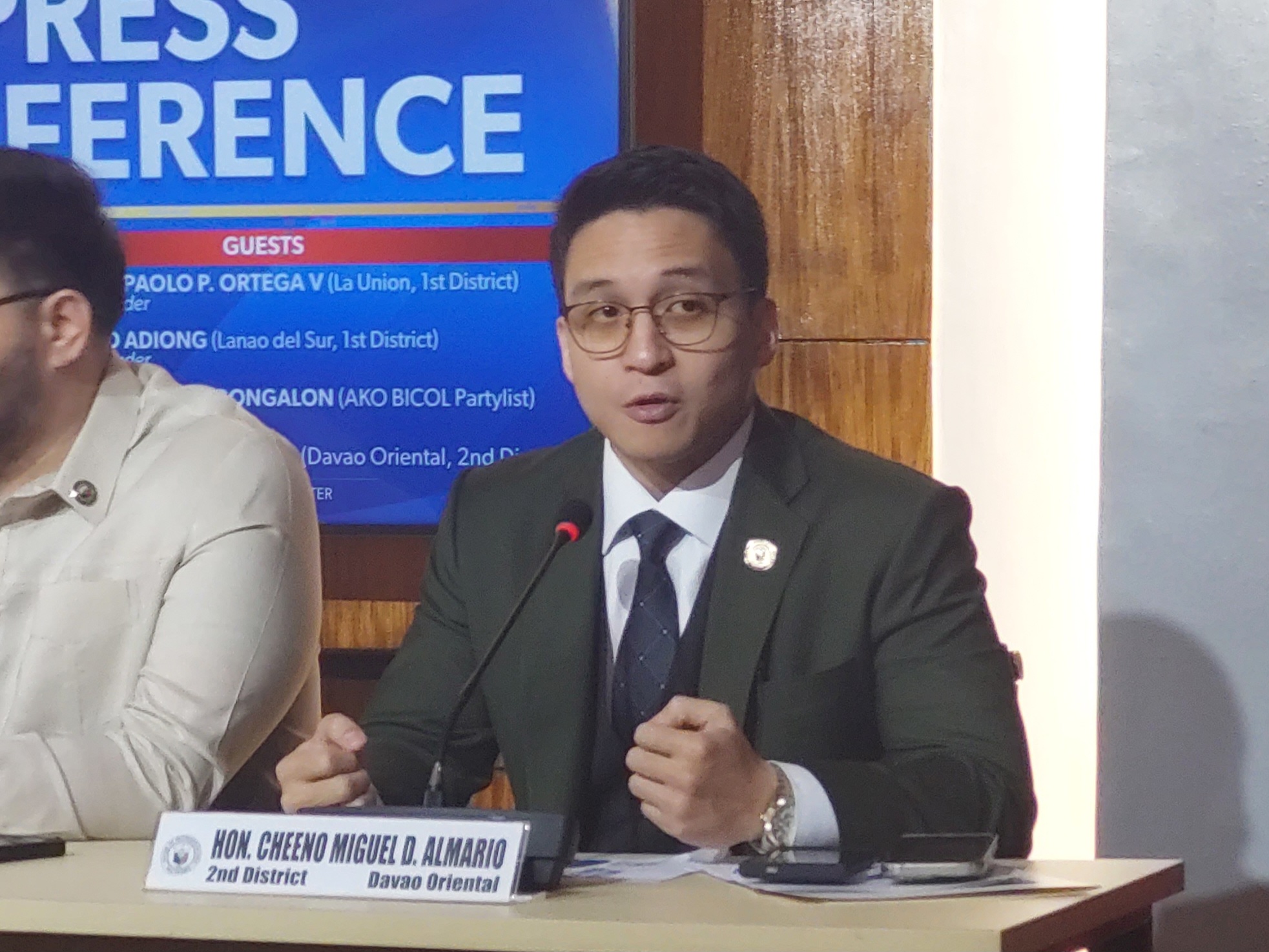Was China behind cyberattacks on Philippine gov't sites? Solon answers
At A Glance
- Davao Oriental 2nd district Rep. Cheeno Miguel Almario confirmed on Tuesday, May 7, that China was among the source-countries of the recent cyberattacks on local government websites.
 Davao Oriental 2nd district Rep. Cheeno Almario (Ellson Quismorio/ MANILA BULLETIN)
Davao Oriental 2nd district Rep. Cheeno Almario (Ellson Quismorio/ MANILA BULLETIN)
Davao Oriental 2nd district Rep. Cheeno Miguel Almario confirmed on Tuesday, May 7, that China was among the source-countries of the recent cyberattacks on local government websites.
“Some of the attacks came from China, which is true, but also let us not discount that there are also some attacks that also coming from other areas, everywhere around the world actually,” Almario said in a press briefing.
Almario, a vice chairperson of the House Committee on Information and Communications Technology, says it is difficult to confirm whether the cyberattacks are linked to the West Philippine Sea (WPS) issue since the investigation is still ongoing.
While the lawmaker admitted that he cannot share a more detailed explanation on the matter out of national security concerns, he noted that the attacks are a mix of domestic and international origin.
“The people that you least expect or the kind of people that you least expect, iyon pa yung nagiging (they become the) primary suspects,” he hinted.
“So sometimes, some of the attempts are terroristic in nature, some of the attempts also are not,” he added.
Almario said sometimes these attackers only want money, while there are others who only want to show that there are vulnerabilities in a particular cybersecurity infrastructure.
According to him, the Philippine National Police (PNP) already reassured lawmakers that it has successfully thwarted a plethora of cybersecurity atracks.
The young solon said the recent Medusa Ransomware attack and PhilHealth attack were just “the few of very many attempts”.
“Out of the thousands of attempts na iha-hack iyong mga (to hack our) digital infrastructure, a lot of those were prevented as what was reported by DICT (Department Of Information And Communications Technology). Iyong mga nakakalusot lang (Only those that manage to get through were) just one of the very, very few na talagang na alas san iyong cybersecurity measures natin (that really duped our cybersecurity measures),” Almario said.
According to the e-Governance Academy Foundation in 2023, the Philippines ranked 45th out of 164 counties in terms of cyber threat preparedness.